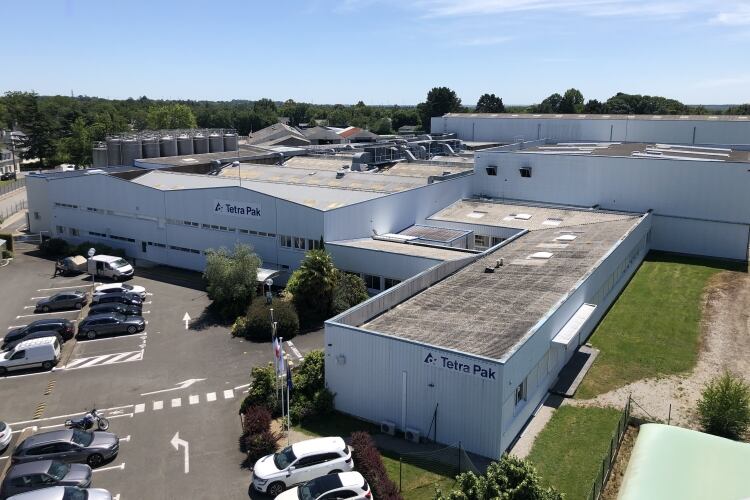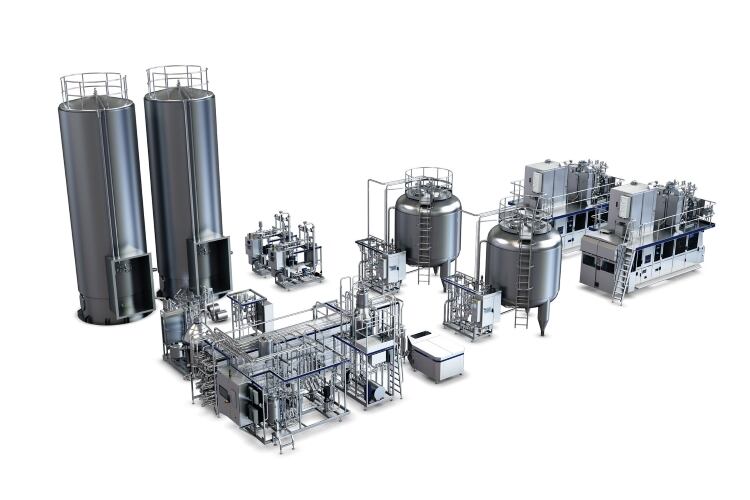Spanning a three-year period (late 2021-2023), the €100m ($119m) project will support the plant’s transition to the production of tethered caps by 2024. Tethered caps can help minimize litter, as the cap will stay attached to the package.
This step – in addition to the company’s commitment to invest approximately €100m per year over the next 5 to 10 years to develop more sustainable packaging solutions - is key to ensuring Tetra Pak’s customers in Europe will be ready to comply with the Single Use Plastics (SUP) Directive, a part of the wider approach announced in the Plastics Strategy and an element of the EU Circular Economy Action Plan.
Charles Brand, president of Tetra Pak Europe & Central Asia, said, "We are particularly proud of this investment project, which demonstrates how we consistently strive to provide customers with sustainable innovations and meet the rapidly changing demands of regulators and society. High-performance food packaging plays a critical role in feeding the world, but it must do so sustainably, so that food availability does not come at the cost of the planet.”
The Châteaubriant plant is a key manufacturing facility for Tetra Pak, serving food and beverage manufacturers globally, with a production capacity of approximately 5bn caps in 2020. The facility is also equipped to produce additional materials integrating attributed recycled polymers. Today, the site covers an area of more than 30,000 sqm and features 19 lines dedicated to the manufacture of six types of cap.
The investment will be spread over two phases. The first begins in late 2021, where the company will enlarge the industrial site to accommodate a 30% increase in manufacturing capacity through the installation of 10 additional lines dedicated to the production of tethered caps. Then, between 2022 and 2023, approximately 50% of the existing lines will be replaced, to expand the access of F&B players to tethered caps.




